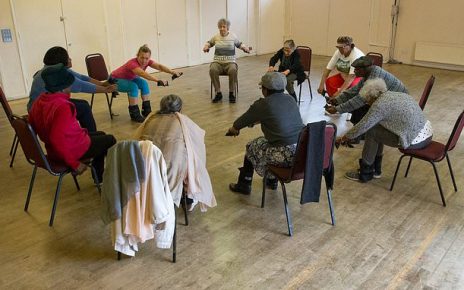
Researchers at Radboud university medical center have discovered an as yet unknown effect of hydroxychloroquine. It inhibits the action of a type of white blood cells important in the first line of defense against infections. Based on this research, hydroxychloroquine is unlikely to be beneficial in clearing viral infections including the new coronavirus SARS-CoV-2, they write in their publication in Cell Reports Medicine.
Hydroxychloroquine is an agent that has been used for years, originally for the treatment of malaria. It is also widely used to treat patients with rheumatic diseases, because hydroxychloroquine has immunomodulatory effects. It is not known exactly how hydroxychloroquine does this. Hydroxychloroquine use for COVID-19 remains a topic of intense debate and investigation. Especially in the context of their use as a prophylaxis, large studies are ongoing to investigate their efficacy.
Rapid action
In a virus infection, such as the new coronavirus SARS-CoV-2, a good response from the immune system is essential for fighting the virus. If the immune response in the beginning of the infection is insufficient, the virus can spread and cause damage. This uncontrolled infection, which sometimes leads to serious illness or death with SARS-CoV-2, is exactly what you want to prevent.
First responders
Raphaël Duivenvoorden, internist-nephrologist at Radboud university medical center, “We looked at the immune response of patients admitted to the hospital with a SARS-CoV-2 infection. We observed that a certain type of immune cells, the monocytes, play an important role in the first line of defense against the coronavirus. Therefore, we investigated the effect of hydroxychloroquine on these cells.
Impaired defense
Source: Read Full Article



